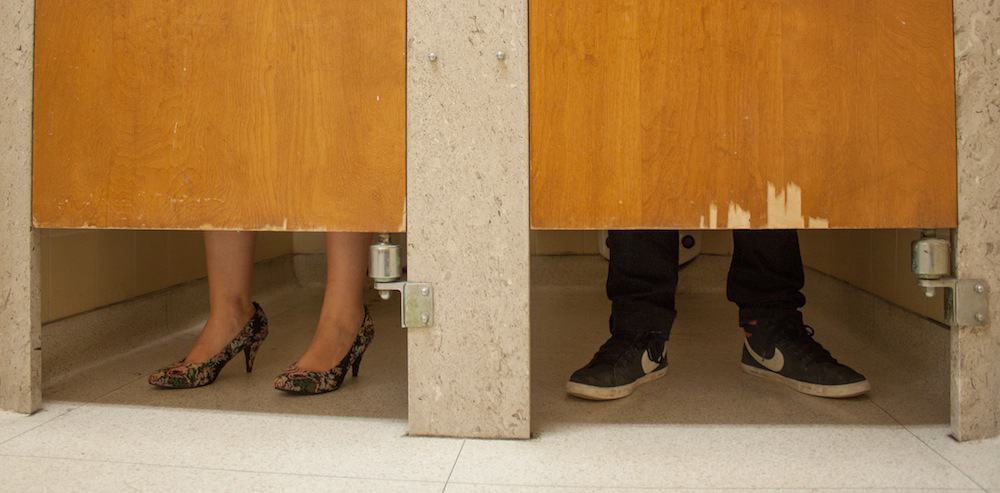The university promises them in every new construction, but despite the fairly straightforward name, few students actually know what gender-neutral washrooms are. They are becoming increasingly prevalent on and off university campuses, suggesting a looming shift in the labeling of shared spaces to enable universal access.
Gender-neutral washrooms, sometimes referred to as unisex washrooms, are public washrooms that are open to all, regardless of gender or gender identity. By definition, they are single-stalled; however, other options such as private single-user washrooms also function as gender-neutral washrooms.
Universities across the country, including Queen’s and McGill, have been making the switch from gender-segregated washrooms as official policy, and U of T has also made a strong effort to provide a variety of washroom options for students. Further, the term “gender-neutral” doesn’t just appeal to those who don’t identify within a specific gender binary.
“It’s often more than just a sign on the door, but also the accessibility and privacy of the space,” said Corey Scott, public relations coordinator of U of T’s LGBTOUT. “We have been able to get the university to commit to ensuring gender-neutral washrooms are available in every new building constructed. [Now] we need to work with trans communities and other key stakeholders such as students with disabilities to determine the needs and desires for these spaces.”
It is difficult to find an area of campus where gender-neutral washrooms are not available. “Having these washrooms available in every building indicates that the university understands that gender is not necessarily set in a binary; it also shows that the university is committed to a broader sense of accessibility, equity and access to education,” said Scott.
Allison Burgess, an officer with the Sexual and Gender Diversity Office (SGDO), mentioned a plan in the works called the Washroom Inclusivity Project. For this project, the SGDO is collaborating with a number of other offices including the Multi-Faith Centre and the Family Care Office to represent the washroom needs of U of T students.
“This project will involve conducting an inventory of washrooms to update the campus map with useful information about U of T’s washroom facilities. The project is addressing four specific areas of interest: physical accessibility, single-user washrooms for broader gender inclusivity, baby change stations, and footbaths for Muslim students who wash before prayer,” said Burgess.
The Women and Trans Centre, as well as the SGDO both have online resources for locating gender-neutral and private washrooms. The list is constantly growing and being updated. Previously unmapped locations include Woodsworth College and St. Michael’s College.
Tracey Greig, director of facilities at St. Michael’s, was unable to give exact locations within the college but did say in an email that the university has: “more than 20 gender-neutral washrooms throughout campus.” Kevin Dancey, assistant to the dean at St. Michael’s, was unable to clarify their location, but did assert in a separate email that the college has gender-neutral bathrooms.


